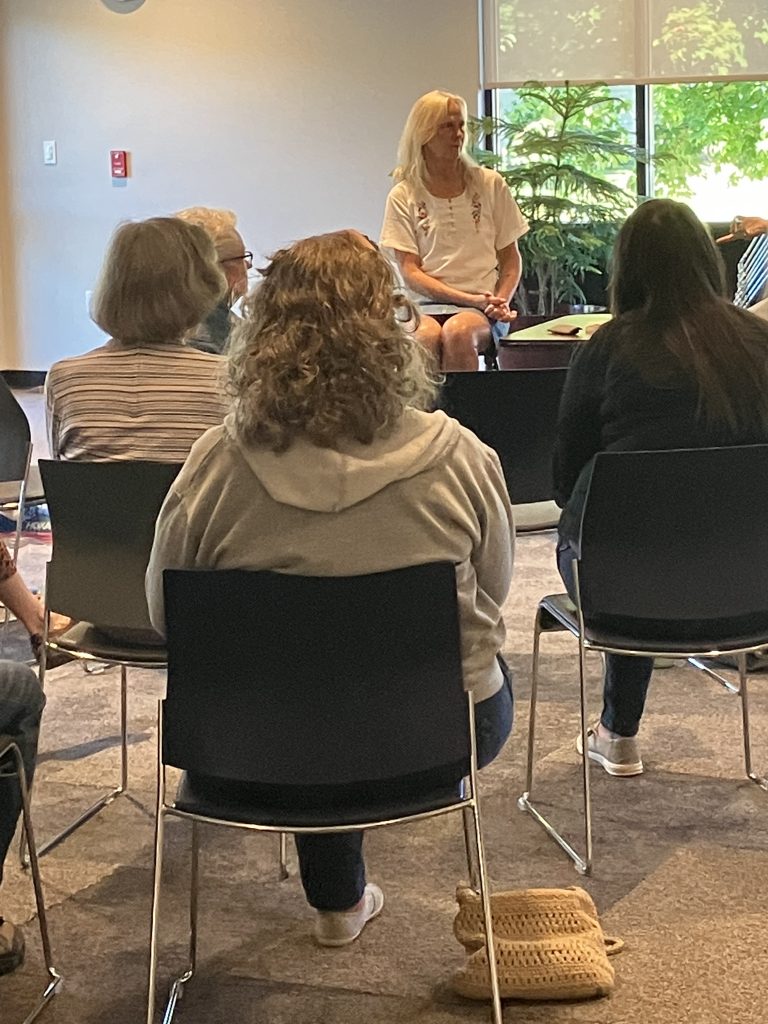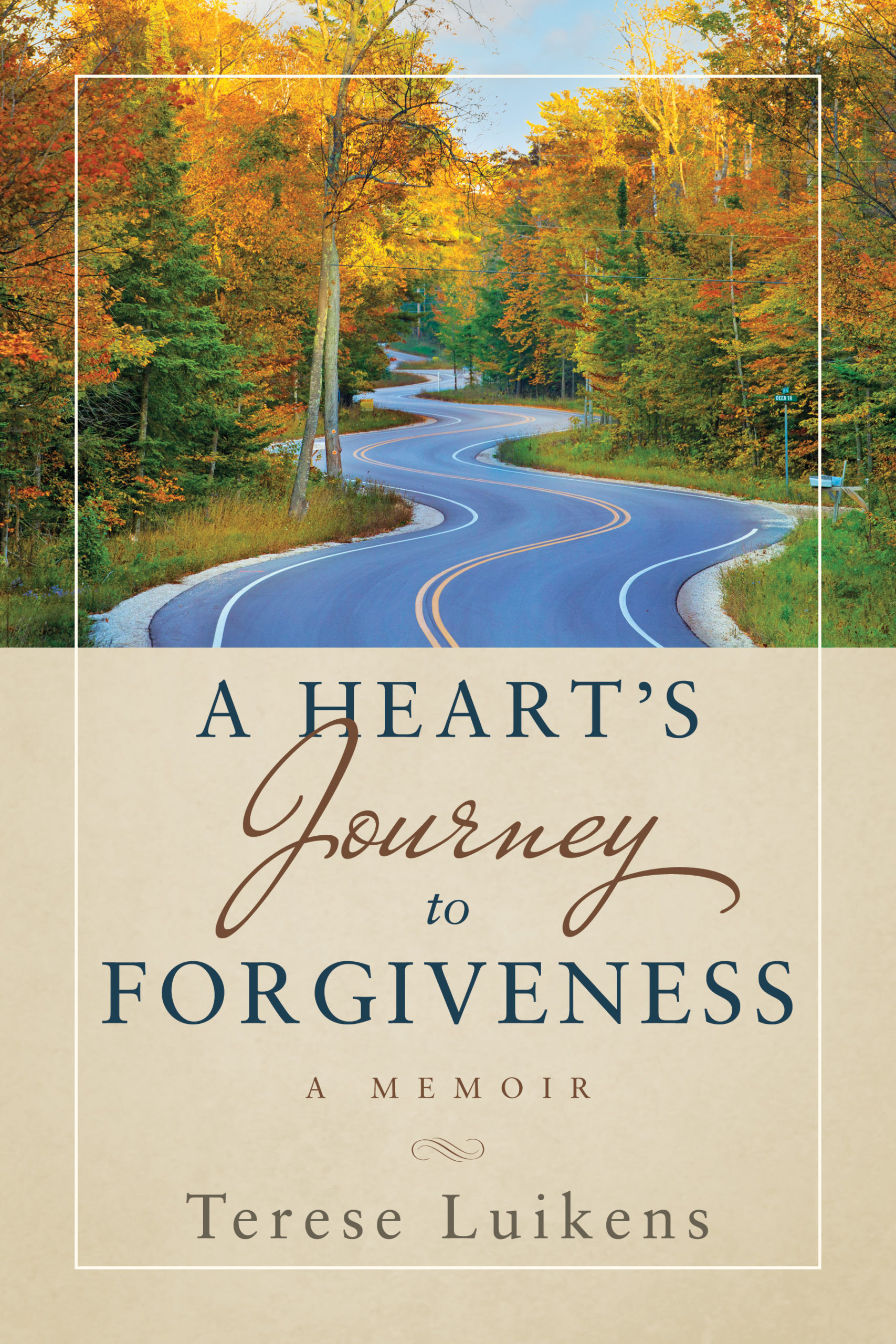
Why Bother to Stop and Consider?
Recently, I held a book reading at our public library. The purpose of the event was to introduce myself and my book to the community.
Leading up to the day of my book reading, my husband helped me to select particular passages that would give everyone a taste of my story, but not the whole story. He timed the passages as I read them. Then we whittled down the readings, so I read for longer than thirty minutes. The whole event was to last only an hour and I wanted time for everyone to ask questions, eat the cookies I’d baked, purchase one of my books and mingle. The one thing I did not want was for my audience to get bored. Thankfully, they did not.
Insightful
As I read, I’d look up and out at the faces that had come to hear me read. I recognized some of the people, a few family members and friends, but some new people too. No one yawned, no one got up to leave the room, and no one had their phone out.
When I finished reading passages from my book, it was the audience’s turn to speak. Though I wondered if people would feel comfortable asking questions, I didn’t have to wonder for long. The group of folks who’d come to hear me read were not shy. Instead, they were eager to share their queries. One of the questions, “Most of us try to outrun our childhood, what made you stop to look at yours?” was extremely insightful.
I answered her question by telling how my oldest son was the catalyst for me to stop and consider my behavior. My anger was over the top, my words toward him full of disdain, and being around him filled me to the brim with agitation. If I wanted to regain any sense of sanity in my life, I knew I had to stop and consider what was connected to those behaviors of mine.
Thinking back on this woman’s comment, it caused me to consider her idea further. First of all, I have to say that I don’t think there is such a thing as outrunning or ignoring our childhood wounds. Secondly, those traumas from childhood have a way of integrating themselves into our adult lives.
For me, they showed up in peculiar behaviors such as my wrath, rage and anger toward my son. It is only when I stopped and considered my patterns in my life and then asked myself why I was doing what I was doing that I began to see the connection between the wounding in my childhood and how it connected to my behavior. My son’s behavior was like ripping the bandage off my wound. He exposed it and it hurt.
Why bother to stop and consider? When we stop, we can become more conscious of why we do what we do. Then, we can assess whether or not we need to change something. Maybe we do. Maybe we don’t. But the choice is always ours to make.
New Release
